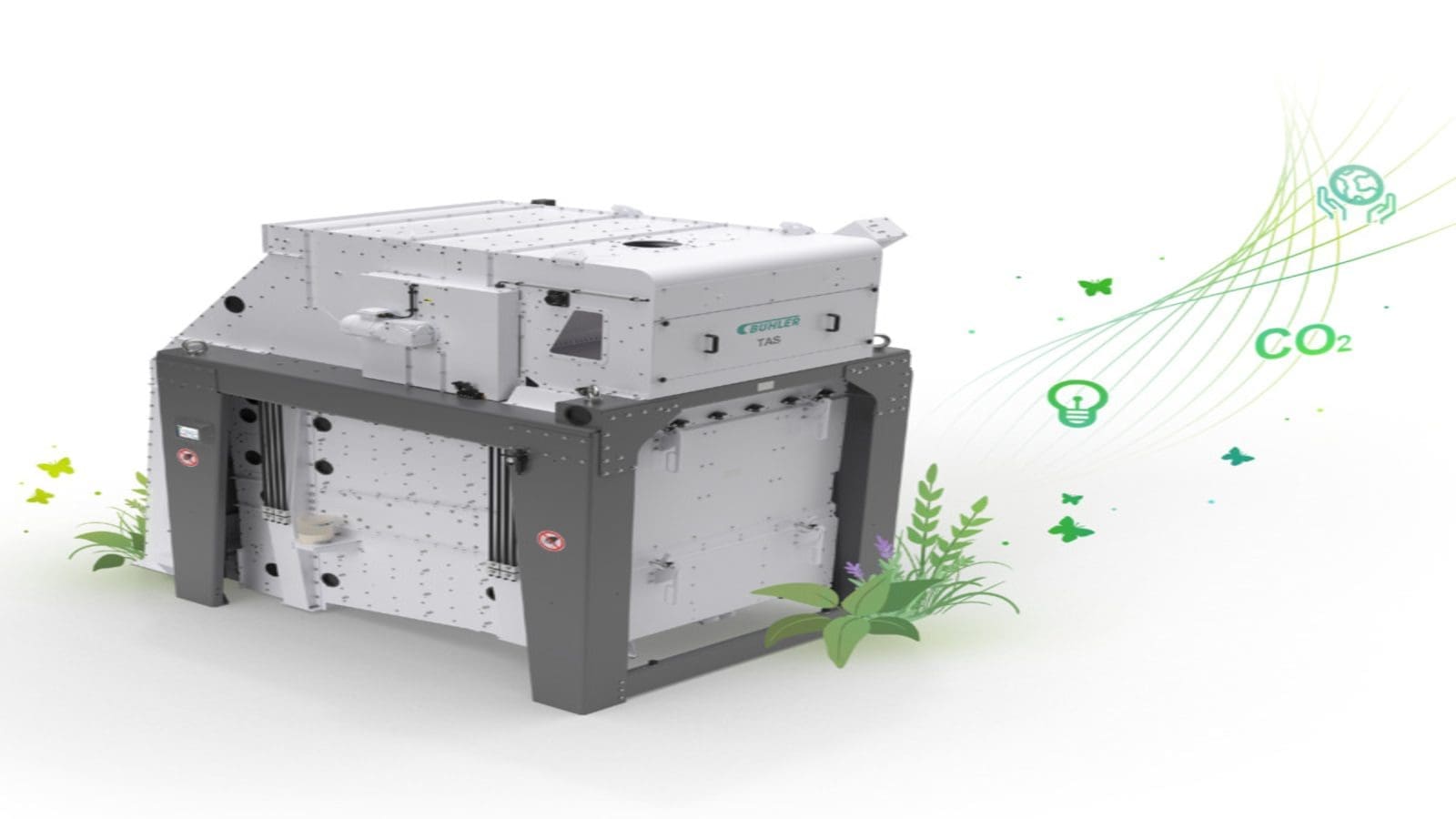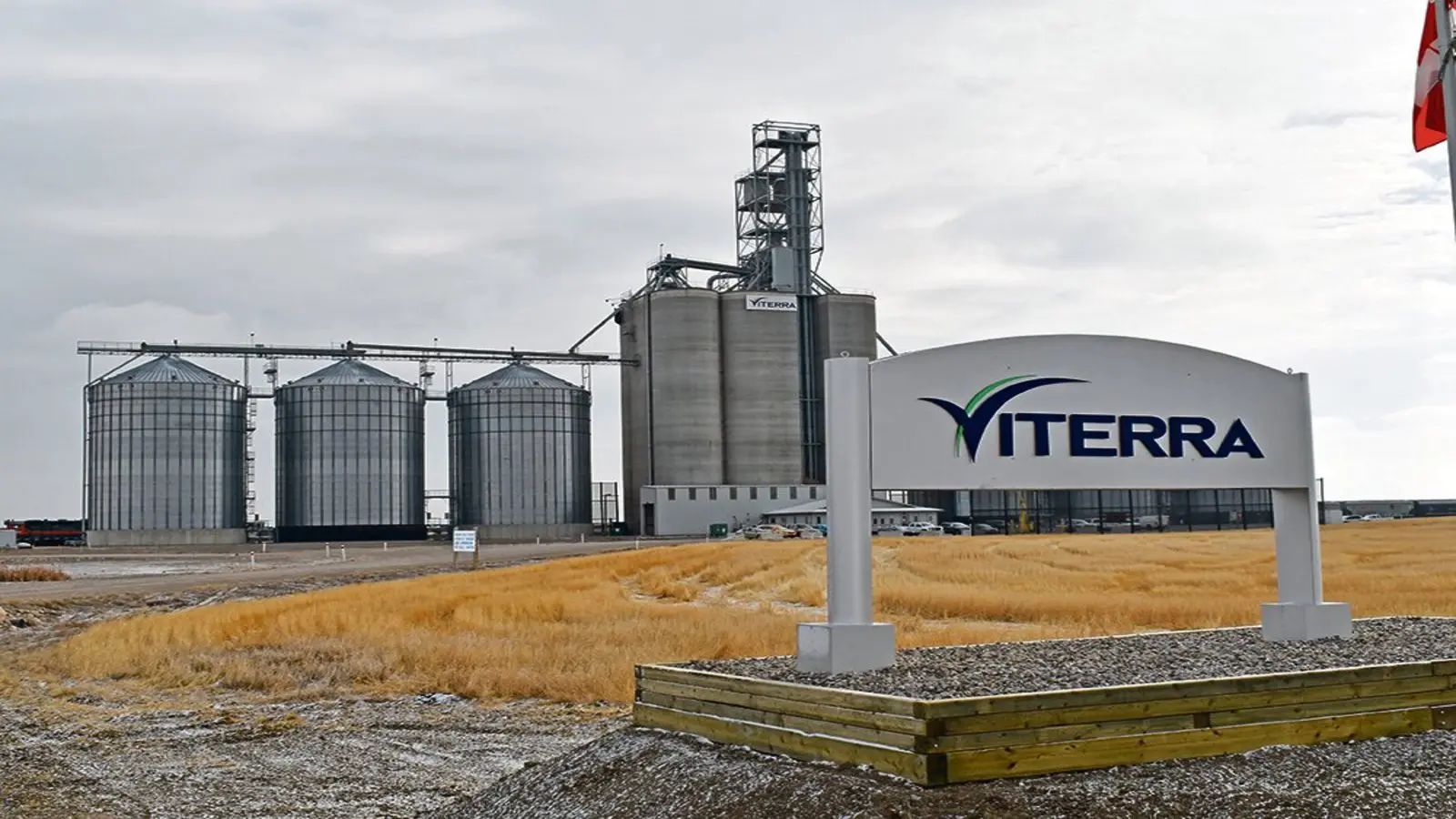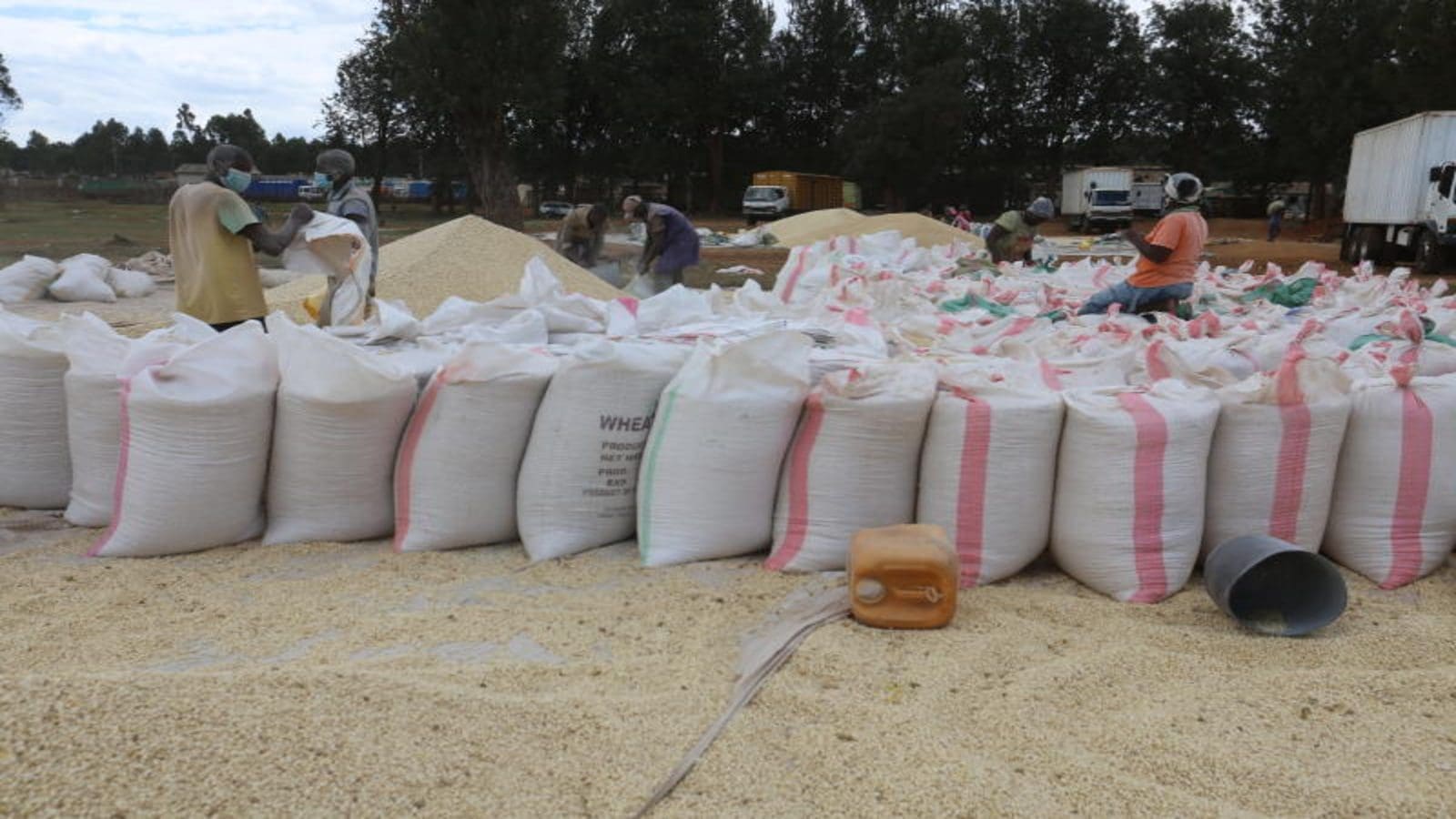SWITZERLAND- Swiss multinational plant equipment manufacturer, Bühler, has unveiled TAS LAAC, the next generation of its TAS grain cleaning system with new innovative features.
The TAS cleaning system has been instrumental in ensuring safety and quality in grain processing for more than 30 years. Its updated version is now available to customers worldwide.
The new generation, TAS LAAC, builds on the success of the classic TAS, legendary for its highly efficient cleaning, high throughput rate, flexible configuration, and low operating costs.
The latest model comes with various new offerings, including a remote control for the machine settings while retaining all the impressive existing features.
The upgrade enables operators to adjust settings easily at changeovers, no matter where they are in the mill, malting plant, or reception points.
Another innovative feature is the introduction of ultra-reliable sensors that allow the machine to connect to digital services and offer condition monitoring for maximum uptime and deep analyses for improved yields.
Its instant compatibility with Bühler Insights, Bühler’s central platform for connected products and services, also empowers advanced trend analysis.
The milling market is very competitive, and optimum efficiency is essential to improve yields, cut waste, and ensure frequent changeovers are as smooth as possible.
“These were the challenges our engineers at Bühler set out to tackle when we took a fresh look at the well-established TAS cleaner series,” said Manfred Dess, product manager for TAS cleaners at Bühler.
Dess explains that the new system will allow operators to manage machinery via mobile devices.
“Not many would expect much potential in improving or even revolutionizing a technology that has reliably met customers’ needs for decades. However, we have built on past success and introduced new groundbreaking features,” Dess added.
Rice partnership in Nigeria
Meanwhile, Bühler is partnering with the Nigerian government in a project to boost rice production in the most populous African country.
Estimates show that the current population of 216 million could reach 401 million by 2050 and peak at 732 million by 2100.
Sustainably feeding this growing population proves to be challenging for the Nigerian government, and Bühler’s provision of reliable food processing technology will support the nation’s goal of achieving food independence.
The project in question started in 2017 with an agreement to acquire a rice mill in Imota and eight smaller mills funded by the federal government.
Solutions from Bühler Nigeria support the current drive to invest in rice mills across Nigeria, where the global Swiss family business has operated for more than half a century.
Buhler has established itself as the key technology provider in the Nigerian government’s efforts to enhance rice production and processing to meet international standards.
“We are the ideal partner to assist the government with its food security initiatives by introducing the latest trends and technology to Nigeria in order to increase productivity and efficiency in the food sector,” said Manuel Murrenhoff, managing director of Bühler Nigeria.
The partnership with Bühler is illustrated by the fully automated Imota rice mill, with an annual production of about 2.5 million 50 kg bags, inaugurated by Muhammadu Buhari, president of the Federal Republic of Nigeria, in January.
“At full production capacity, it will reduce the price of rice, increase local capacity and ultimately improve Nigeria’s trade balance,” Murrenhoff said.
For all the latest grains industry news from Africa, the Middle East and the World, subscribe to our weekly NEWSLETTERS, follow us on LinkedIn and subscribe to our YouTube channel










